In this interview, David Pere, the founder of From Military to Millionaire, shares his inspiring journey from the Marine Corps to financial freedomt ...
Derek Osgood on Changing the Game in Product Updates
Written by: Esther Strauss
Esther is a business strategist with over 20 years of experience as an entrepreneur, executive, educator, and management advisor.
Published on December 13, 2023
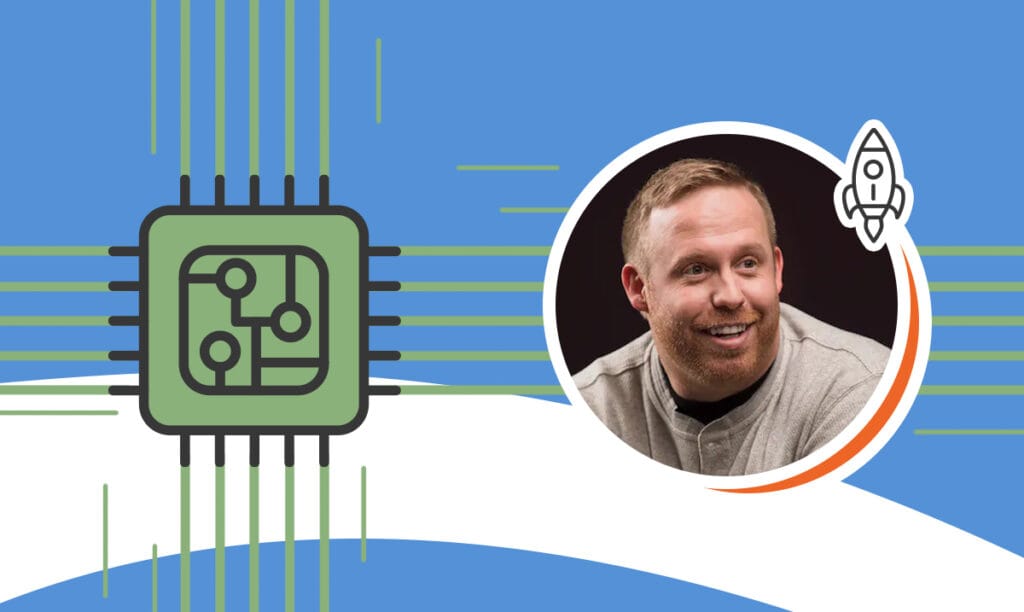
In an era where the digital world is constantly shifting and evolving, Ignition emerges as a game-changer in the realm of product management. This platform, founded by Derek Osgood, is redefining the approach to handling product updates and launches. Our interview with CEO Derek Osgood provides a rare glimpse into the motivations fueling Ignition’s inception, its transformative role in product management, and the visionary thinking behind its success. As we delve into the intricacies of entrepreneurial challenges, product development insights, and customer-centric strategies, Derek unveils the secrets behind harmonizing product, product marketing, and go-to-market teams to achieve unparalleled success.
Join us on this insightful journey through Ignition’s future ambitions, the long-term objectives steering its course, and the sage advice Derek imparts to those venturing into the world of tech entrepreneurship. This interview is more than a corporate tale; it’s a narrative about innovation, adaptability, and visionary leadership in today’s dynamic tech landscape.
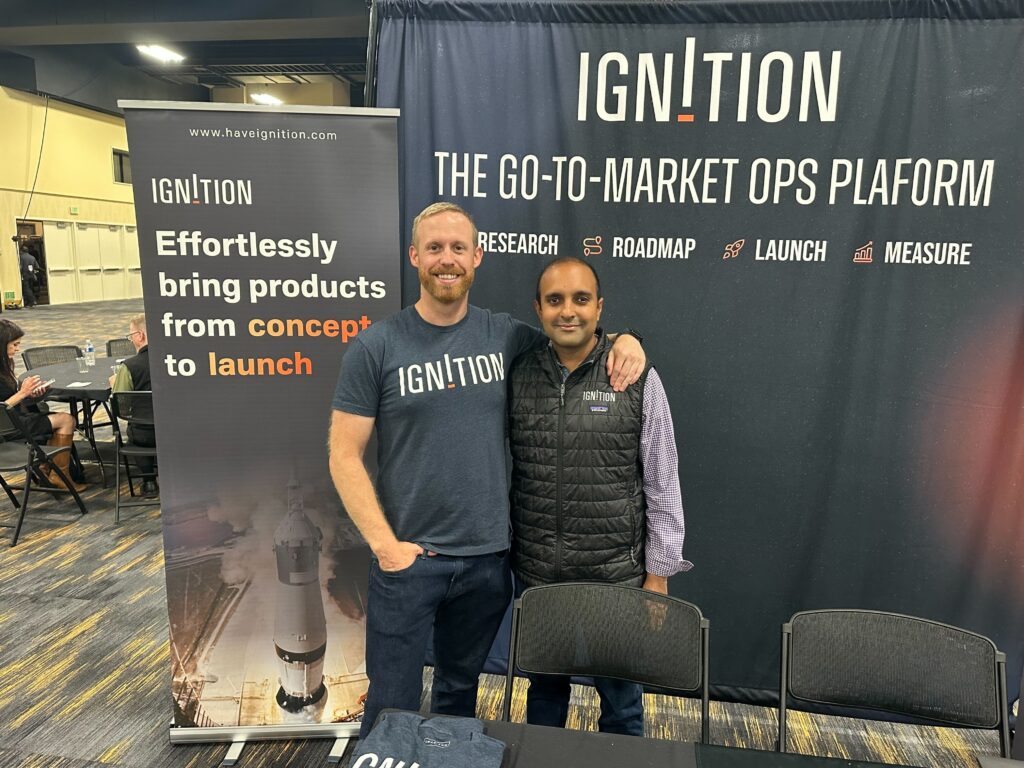
Motivation Behind Company Inception
SBS – What motivated you to start the company?
Derek – A lot of what motivated me to start Ignition was personal pain. I’ve run product and marketing teams throughout Silicon Valley. I’ve built the process we’re solving for in every tool and template under the sun, and I found all of them lacking and ineffective for building a true end-to-end launch process. So, I was sick of doing it that way and decided I needed to build something myself if I wanted it to work right.
Early Challenges and Startup Journey
SBS – How was it in the beginning? Was it hard for you to start? How much time did it take to start rolling?
Derek – It definitely wasn’t easy because I had never started a company before. In the early days, I wasn’t sure how to go about it. I wasn’t sure what the right process looked like. Everything was new. Going out and raising funding was a new experience. It was not easy by any means. Any entrepreneur will tell you it is never easy. Once it starts working, it’s still hard.
It’s funny, but I think the earliest days were some of the easiest days — because we got lucky. My network allowed me to raise money for the idea, so we were able to build a team from day zero, which was nice. I had many folks in my network who had done this before, so I got some good feedback and insight into the process.
Like I said, I feel like the earliest days were almost easier because there’s less that you have to do. In the earliest days, it’s just the company — get a couple of teammates in place and start building. Then it starts getting harder.
SBS – Why did you say the earliest days are the easiest, and it got more difficult afterward? What were those challenges?
Derek – I think everybody goes through the journey to product-market fit. There’s always the ongoing tension between how much you need to build and what you need to think about (like changing strategy to adapt to customer needs). Finding product-market fit is a pretty unique journey for every single company. There are always lots of open questions about how you collect feedback from customers, determine which feedback is relevant, and how you are executing on building those things quickly enough that you’re making progress but not sacrificing quality. All sorts of different things are always in tension with each other. It feels like you’re constantly juggling a bunch of plates and keeping them all up in the air at the same time.
Alignment of Product Development, Marketing, and Team Coordination
SBS – How do you align all the different aspects of making a product and marketing, and how do you ensure that the team is on track with everything that needs to be done?
Derek – There are a couple of things. When it comes to making sure the team is all aligned on vision and whatnot, we make a point of regularly (in every single conversation that we’re having as a team) repeating ourselves, honestly. What are we building? Why are we building it? Who are we building it for? What is the current state of things? What are a couple of biggest priorities? You feel like a broken record doing it constantly.
SBS – Are you using some methods, like Scrum, Kanban, or something else? What do you think works the best?
Derek – I don’t think we use a specific methodology. Obviously, when you’re building a product, it ends up being a much more agile process. When you’re doing marketing activity, it’s much more like a waterfall. So, you have to marry those two. What has been working for us is using Ignition for a lot of our planning. Ignition nicely lets us do the agile road mapping and the marketing.
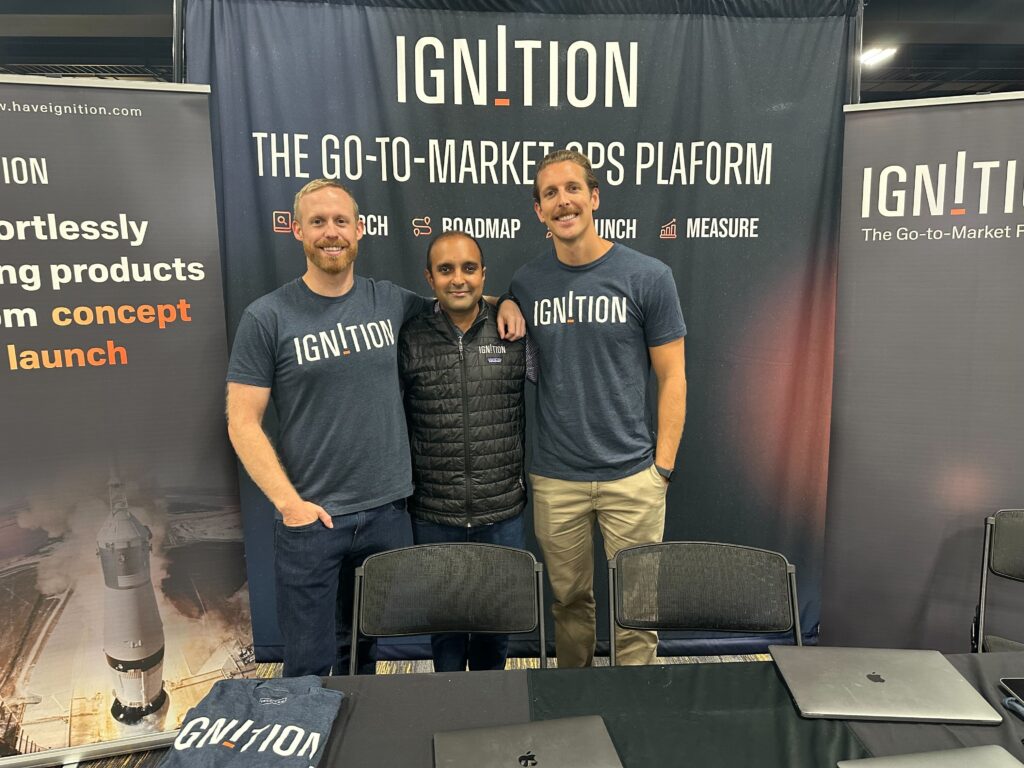
Significance of Customer Feedback in Product Development
SBS – How important is customer feedback for Ignition regarding integration into the product launch or other things? How much do you use it for the product itself?
Derek – When it comes to customer feedback, it’s critical to every step. We use our own tool for a lot of our feedback collection. We aggregate feedback from voting boards and other customer conversations, and we use many AI tools that we built to analyze that feedback and identify the right things to be building at any given time.
I have never delegated customer conversations around sales or anything else because I want to be plugged into my customers at all times regarding their needs. We are talking to customers on a daily basis to make sure we’re still headed in the right direction.
Unique Aspects of Ignition in the Market
SBS – What do you think makes Ignition different from similar products in the market?
Derek – If you look at most product management tools out there, all of them are pretty explicitly focused on aligning product and engineering teams and managing the build process. But there’s obviously a second half of product success, which is not just building the right thing but also making sure that the thing that you built is sold and distributed.
Ignition is the only platform that thinks about the build and launch process holistically and builds a platform that helps you not just build the right thing but also build the go-to-market around that and sell it. The biggest way we differentiate is just how we have unified that process.
The other way we do it is through a lot of the automation baked into that process. If you look at many product management tools, they are basically fancy spreadsheets that help you document all the work you’re doing, but they don’t help do any of the work for you. We baked AI workflows into many different stages of building and launching products. Using AI, we can help analyze customer feedback, help generate go-to-market plans, and generate a lot of the content that feeds into those campaigns for you. So, it’s the combination of a much more unified process and a much more automated process.
Evolution of Ignition’s Go-to-Market Strategy
SBS – Can you describe Ignition’s go-to-market strategy and how it evolved from the company’s inception?
Derek – We’ve always been on a product-led growth motion with free trial and/or freemium. We’ve bounced back and forth between the two, depending on the company’s state, but our macro go-to-market has been pretty similar. In terms of how we acquire customers, it’s been a combination of three things.
One is content and inbound SEO work, making sure that we’re building out our search presence as much as possible. We also do a bit of outbound via cold email and cold calling to customers. The last bit has been through channel partners and working with agencies and consultants who are deploying these processes to customers. They’ve been referring us, and we have referral programs in place. Overall, it’s the combination of a lot of SEO and outbound work.
SBS – When you say SEO, did you use professionals to do that for you, or did you do it yourself?
Derek – We did a lot ourselves. I’ve been a marketer for many years, so much of it was stuff I’ve done before. But there’s a lot of work to it.
Scaling Challenges and Strategies
SBS – What scaling challenges do you anticipate as Ignition grows, and what strategies do you have to address them?
Derek – A lot of the scaling challenges at this stage of the company are in terms of whether we’re building the software to scale to new use cases and support us as we move more and more upmarket. So, there are many product scaling challenges. Ultimately, most of that boils down to ensuring that we have the right people in place and that we’re growing the team not too fast but also fast enough to keep up with all the work. You know, a lot of it’s just team-building stuff. When do you hire specific roles? For example, we just recently hired our first sales support person.
Balancing Technology Trends with Product Vision
SBS – How do you stay updated with the latest technology trends and stay loyal to your product and the message that you want to send?
Derek – We are pretty consistent. As I mentioned, we try to reinforce the vision for what we’re building in every single conversation that we have. Early on, we documented all of our company values, and anytime we’re hiring, we go back to our core values and mission and ask ourselves, “Does this person align well with that core mission, vision, and values that we’re working off of?”
Leadership Principles and Company Culture
SBS – When you say documenting, do you mean standard operating procedures (SOPs)? Also, what leadership principles do you use so it is aligned with your company culture?
Derek – For me, a lot of this comes to making sure you are hiring the right people. Then, when you have hired those people, you actually trust them. I have always believed that as a manager, my job is to hire smart people, not so that I can tell them what to do, but so they can tell me what to do. The way that I try and lead the team is by making sure that goals and priorities are really clear. I’m communicating and over-communicating it on a regular basis.
From there, I trust the team and give them enough space to execute against those priorities and think of creative solutions. It’s mostly about making sure that I’ve created a culture of psychological safety where people can challenge ideas and shine a light on things that are broken. We’re not afraid to have conversations when data doesn’t look as good or something’s broken. We have healthy conflict around it and ensure we have those discussions, not just sweep everything under the rug. A lot of it is also about good communication. The team has the ability and is encouraged to take ownership of the problems.
Metrics for Success
SBS – How do you measure success with the vision in terms of both product performance and customer satisfaction?
Derek – Product performance mostly boils down to retention activation and, ultimately, revenue. We look at it on a cohort-by-cohort basis. So, for every cohort that comes in, we check if they are expanding their usage because that indicates that they continue to get value out of the product over time.
When it comes to customer satisfaction, a lot of it’s qualitative. Like I mentioned, I have daily calls with many of our customers, so I can feel when things are going well or not going well. We do some light NPS studies as well. We measure net promoter scores with our customers. That’s another way that we try and quantify it.
Advice for Aspiring Tech Entrepreneurs
SBS – What advice would you give someone wanting to start a technology company, regardless of niche or product? Is there something you would’ve liked to know when you started?
Derek – This is probably common entrepreneur advice, but just make sure that you’re solving a real problem. Go through the process of trying to prove that it’s a bad idea before you go and start trying to prove it’s a good idea. Talk to many people and try to understand how painful that problem you’re solving is. Is it something that people are willing and interested in paying for?
Early on, with the first version of our product, we validated the problem very broadly, but we hadn’t gut-checked if the customers had the budget and if they were able to pay for the thing that we were solving. So, going through that process and making sure that you have all of that information before you start building saves you a lot of pain and iteration down the road.
SBS – It’s also good to ask people outside of your friends and family. So, did you conduct research with your target base?
Derek – We definitely did it. Before building anything, we talked to 60–100 people who were not our friends or in our network. There’s a depth of questions that you can ask. At the time, we were trying to understand if they all had the same problem and what they were interested in solving.
We weren’t getting at their buying dynamics and asking if it was a problem they could actually pay to solve. That was some of the stuff we learned later, and we needed to factor it into the conversations.
Concerns about Idea Theft and Continued Development
SBS – One last thing: Were you not afraid that someone would steal your idea and just continue to develop it?
Derek – No, not really. My view is that ideas are worthless. There are 10,000 companies out there doing whatever idea you’re thinking of doing already. It all comes down to how well you can market and sell it and how well you can identify some unique angle on that problem.
Subscribe to Our Newsletter
and gain insider access to cutting-edge business insights and trends.
Featured Resources
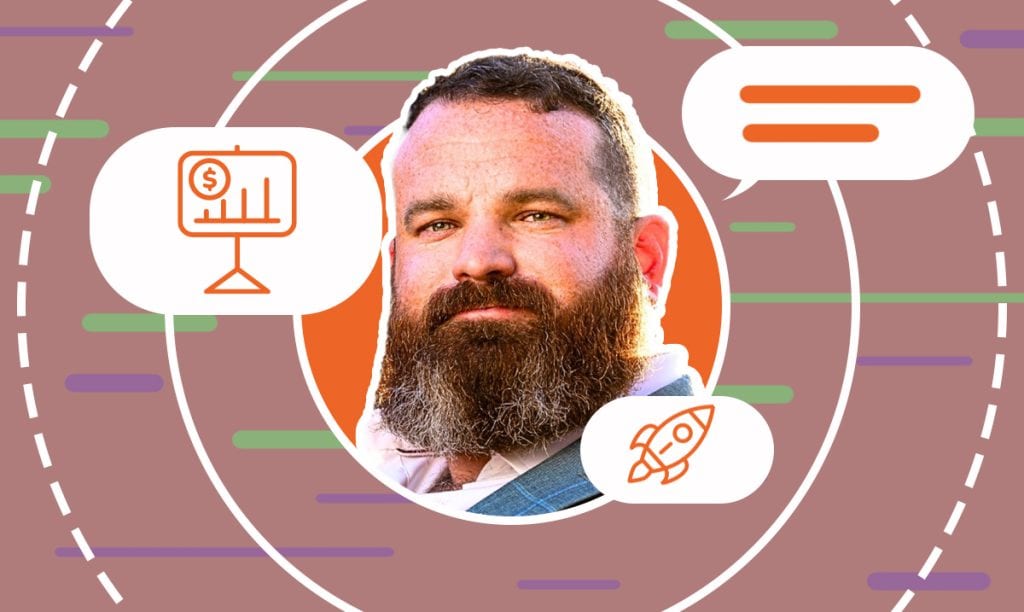
How David Pere Helps Veterans Achieve Financial Freedom
Published on April 3, 2025
Read Now
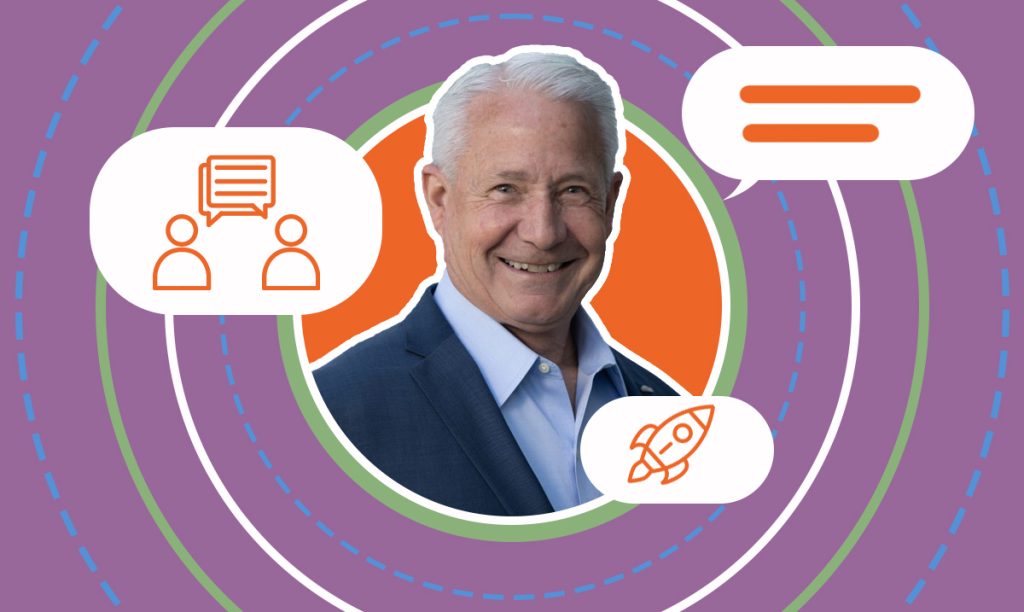
Empowering Entrepreneurs with a Consultative Banking Model
Published on January 23, 2025
When it comes to business banking, a one-size-fits-all approach doesn’t cut it — just ask Endeavor Bank. Since its founding in 2017, EndeavorBan ...
Read Now
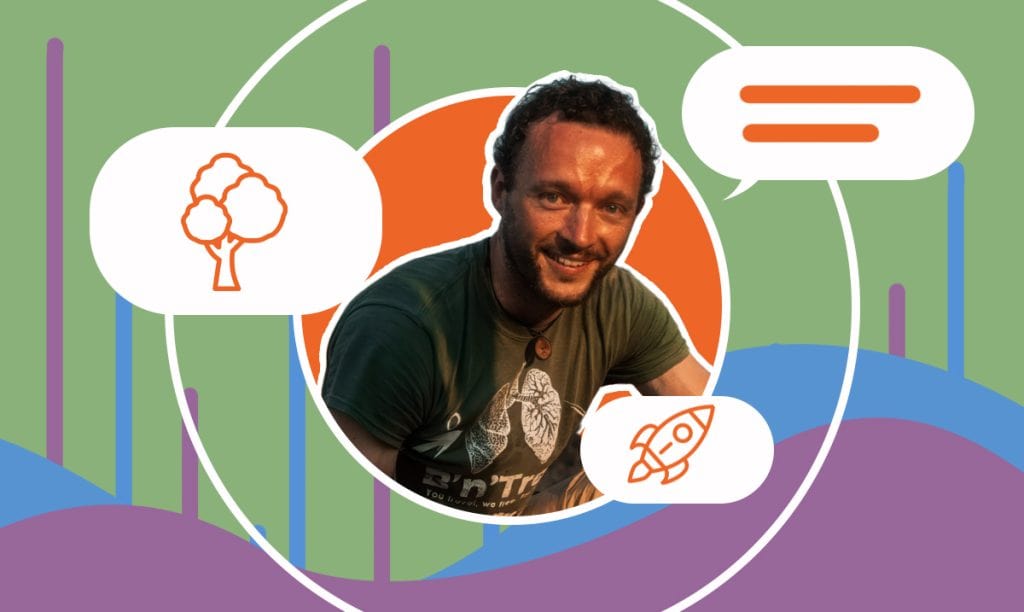
How Click A Tree Makes Sustainability Simple for Businesses
Published on January 20, 2025
In this interview, Chris Kaiser, the founder and CEO of Click A Tree, shares his journey of creating a company dedicated to making sustainabilityacc ...
Read Now
Comments